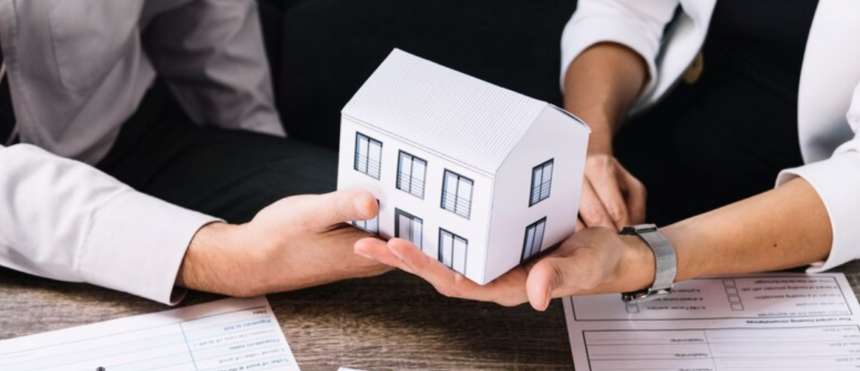Commercial lease agreements are crucial documents that govern the relationship between landlords and tenants in the commercial real estate sector. These agreements outline the rights and responsibilities of both parties, as well as the terms of the lease. Both landlords and tenants need to understand the legal implications of these agreements to avoid any disputes or issues in the future.
1. Seek Legal Advice
Before signing a commercial lease agreement, it is recommended for both landlords and tenants to seek legal advice from a qualified attorney specializing in real estate law. A commercial lease agreement attorney can review the terms of the lease, identify any potential risks, and ensure that the agreement is fair and legally binding.
2. Clearly Define the Terms
It is essential for commercial lease agreements to clearly define the terms of the lease, including the duration of the lease, rental payments, maintenance responsibilities, and any additional costs such as utilities or property taxes. Both parties should have a clear understanding of their obligations to avoid any misunderstandings.
3. Maintenance and Repairs
Commercial lease agreements should clearly outline the responsibilities for maintenance and repairs of the property. Landlords and tenants should agree on who is responsible for maintaining the property and making any necessary repairs. It is essential to specify the procedures for requesting repairs and the timeline for completing them.
4. Rent Increases
Commercial lease agreements may include provisions for rent increases over the term of the lease. Landlords should clearly outline the circumstances under which rent can be increased, such as inflation or changes in operating costs. Tenants should review these provisions carefully and negotiate if necessary.
5. Subleasing and Assignment
Landlords and tenants should consider including provisions for subleasing or assigning the lease to another party in the commercial lease agreement. These provisions should outline the process for obtaining consent from the other party and any conditions that need to be met before subleasing or assigning the lease.
6. Default and Remedies
Commercial lease agreements should include provisions for default and remedies in case either party fails to meet their obligations under the lease. Landlords should outline the consequences of default, such as eviction or legal action, while tenants should understand their rights and options for remedying the default.
7. Dispute Resolution
In the event of a dispute between landlords and tenants, commercial lease agreements should include provisions for dispute resolution. This may include mediation, arbitration, or litigation. Both parties should agree on the process for resolving disputes to avoid costly legal battles in the future.
8. Compliance with Laws and Regulations
Commercial lease agreements should ensure that both landlords and tenants comply with all applicable laws and regulations governing commercial real estate. This may include zoning laws, building codes, and environmental regulations. Both parties should be aware of their legal obligations to avoid any penalties or fines.
9. Insurance and Indemnification
Landlords and tenants should consider including provisions for insurance and indemnification in commercial lease agreements. Landlords may require tenants to carry liability insurance to protect against any damages or injuries on the property. Indemnification clauses should outline the responsibilities of each party in case of any claims or lawsuits.
10. Review and Update Regularly
Landlords and tenants need to review and update their commercial lease agreements regularly to ensure that they reflect any changes in the business or real estate market. Both parties should communicate openly and address any issues or concerns to maintain a positive and productive relationship.
Conclusion
In conclusion, commercial lease agreements play a critical role in the commercial real estate sector and have legal implications for both landlords and tenants. By following these legal tips and seeking professional advice, landlords and tenants can protect their rights and interests and avoid any potential disputes or issues in the future. Both parties need to understand the terms of the lease, comply with laws and regulations, and communicate effectively to maintain a positive and mutually beneficial relationship.



